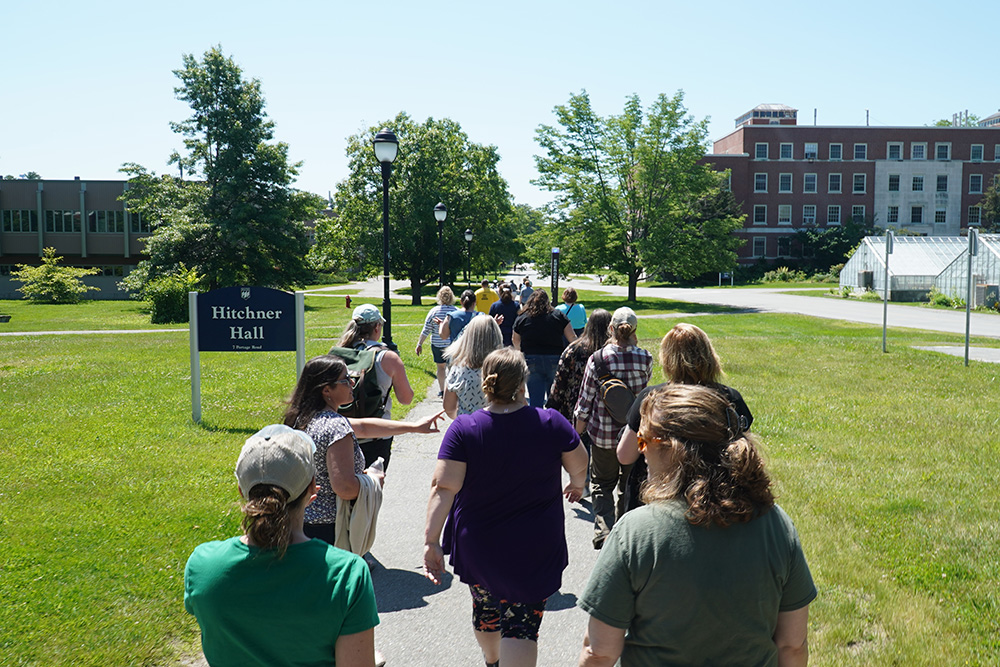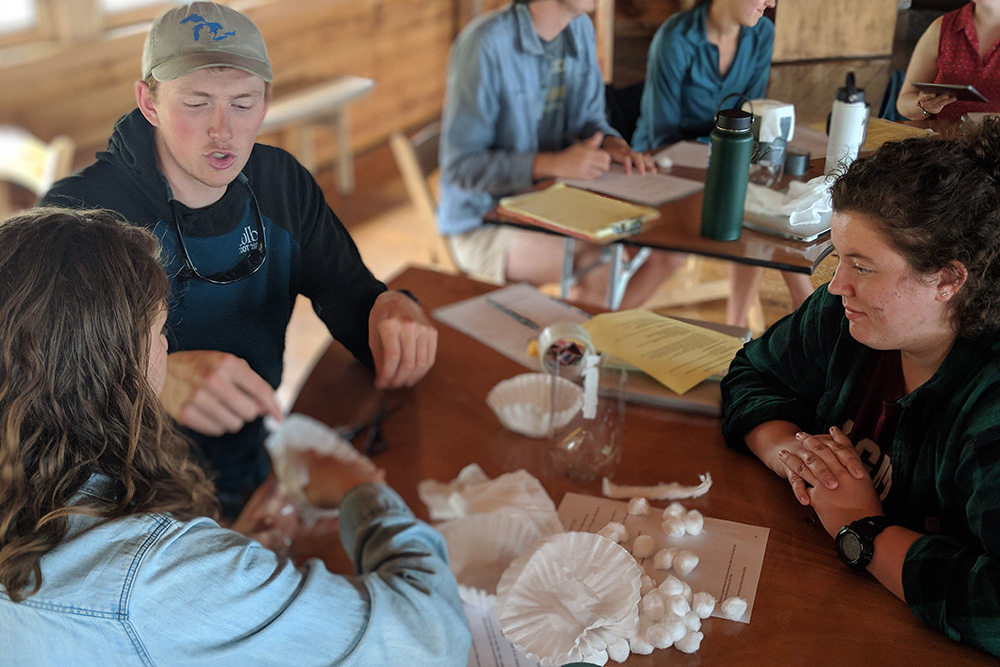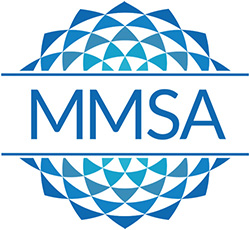The National Science Foundation has announced funding for an initiative known as “Strengthening Maine’s Research Ecosystem and Pathways Through Strategic Capacity Building” or “Maine-SMART” for short.
The $8-million, four-year project led by the University of Maine involves institutions from across Maine, including MMSA, as well as the Gulf of Maine Research Institute, the University of Southern Maine, the Maine Community College System, and the University of Maine at Fort Kent.
In general, Maine SMART will combine research and educational practices with Indigenous science and sociocultural learning theory, along with a focus on economic development through STEM learning.
According to the release, the partnership between diverse groups and institutions means that “[T]he project has the potential to foster systemic changes in collaboration, education and workforce development.”
“Maine-SMART is part of the National Science Foundation’s (NSF) new Established Program to Stimulate Competitive Research (EPSCoR) Collaborations for Optimizing Research Ecosystems Research Infrastructure Improvement Program (E-CORE RII), which promotes collaboration between academic institutions, government, industry and nonprofits to build the state’s research and development capacity and infrastructure,” according to a release on the UMaine website.
“As part of Maine-SMART, MMSA will work to break down barriers to STEM education with and for our students and educators, especially underrepresented and underserved communities,” said Ruth Kermish-Allen, MMSA’s executive director and one of the lead investigators for the program.
One of the many elements that comprise this multifaceted project will be to pair classroom teachers with research scientists.
“There are lots of components to this project, but one I’m particularly excited about is the funds to place middle and high school educators into scientists’ research, inspiring them to share with students the wonder and excitement of science while soaking up some of that for themselves,” Rhonda Tate, a co-principal investigator on the project and STEM education specialist at MMSA, said.
Find more details about the project in the NSF’s news release or by visiting the award abstract page.
And check out this reporting from WABI on the award.






